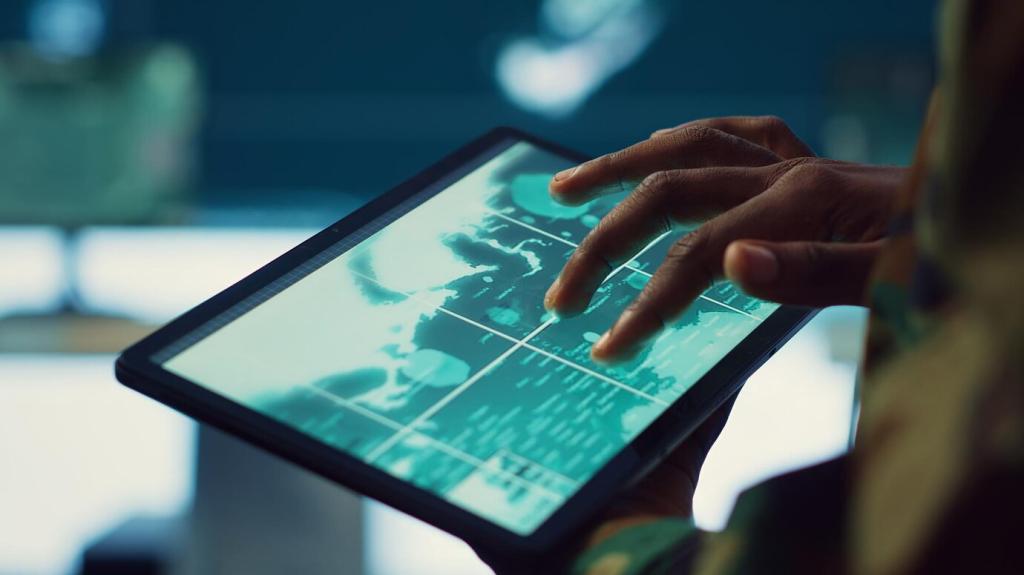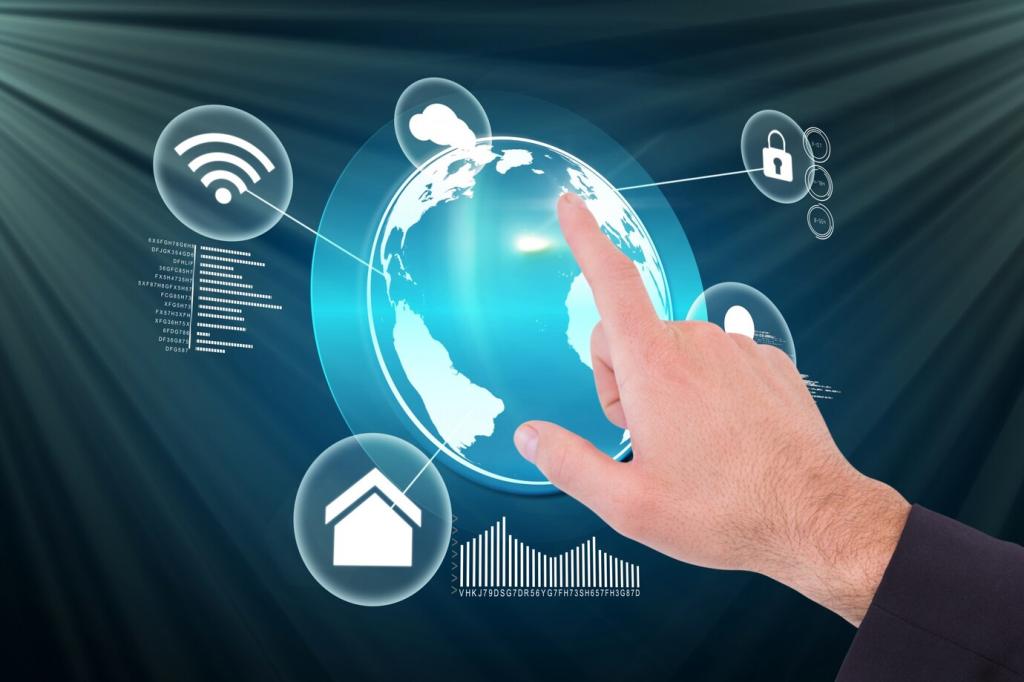AI-Powered Smart Home Technology
Welcome to the new era of intelligent living where the fusion of artificial intelligence with connected devices has transformed ordinary homes into powerful, responsive environments. AI-powered smart home technology is reshaping the way we interact with our living spaces, making them more efficient, adaptive, and secure. This in-depth exploration covers every facet of how AI is seamlessly integrating into household life, offering unparalleled convenience, safety, and comfort while paving the way for the future of home automation.
Seamless Home Automation
Using powerful machine learning algorithms, smart home systems analyze your daily routines and automatically adjust lighting, temperature, and appliance usage to match your lifestyle. Over time, these systems become increasingly accurate, predicting when you’ll be home, awake, or asleep, and optimizing settings without you lifting a finger. The result is a home that feels truly attuned to your needs, reducing unnecessary energy consumption and minimizing manual adjustments.



Customized Entertainment Recommendations
AI curates music, TV, and media selections based on your history, mood, and even the time of day, creating highly personalized playlists or show suggestions for every member of the family. Over time, the system uncovers subtler preferences, like preferred morning shows or evening playlists, continually refining its choices to ensure the household always enjoys content they love.

Tailored Lighting and Ambiance
Smart lighting powered by AI doesn’t just turn on or off—it shifts color, brightness, and warmth according to the time, your activities, or even your emotional state. Whether you’re cooking, reading, or hosting friends, the system selects perfect lighting scenes automatically, transforming the home’s atmosphere without manual input, and making every moment feel both intuitive and magical.

Proactive Health and Wellness Routines
AI can integrate with health-tracking devices and daily routines to create wellness-focused environments. For example, the system may adjust lighting to reinforce circadian rhythms, recommend activity breaks, or even coordinate with kitchen appliances to suggest nutritious meals based on your dietary preferences and goals. Every subtle nudge makes healthy living effortless and unobtrusive.
Enhanced Home Security
Modern home surveillance employs AI to distinguish between normal and suspicious activity, minimizing false alarms. High-definition cameras paired with advanced analytics recognize familiar faces, deliver instant alerts for unfamiliar visitors, and can even interpret body language to anticipate potential threats, bringing a new level of intelligence to home security.
Continuous Learning and Evolution
The heart of continuous improvement is relentless data collection and analysis. AI systems monitor how homes are used, detect patterns, and spot areas for enhancement, whether in energy savings, convenience, or security. This ongoing insight enables the system to offer continuous, automatic upgrades without manual intervention, keeping your smart home truly state-of-the-art.

To minimize exposure, sensitive data from home devices is often processed locally using edge computing rather than sent to remote servers. AI ensures that data required for specific functions is handled with strict oversight, encrypting exchanges and keeping private information shielded from unauthorized access, hackers, or third-party collectors.

Homeowners are given clear, granular control over what data is collected, stored, or shared. AI systems provide transparent privacy dashboards, recommending optimal configurations based on your comfort level and regularly auditing settings to reinforce protection. Users decide what intelligence is gathered without losing essential convenience.

Ethical considerations and regulatory compliance are integral to responsible smart home AI. Developers are increasingly incorporating privacy-by-design principles, ensuring systems adhere to global data protection standards like GDPR. Homeowners can trust that their smart systems not only protect their spaces but also operate transparently and ethically.
Join our mailing list
